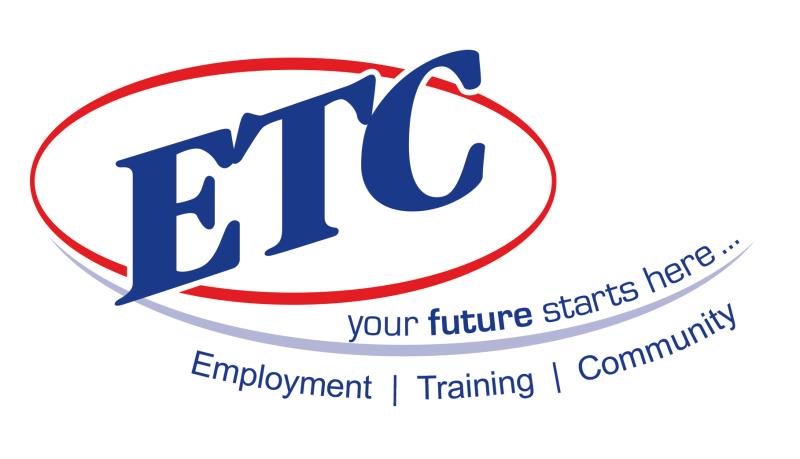A message from the Australian Chamber of Commerce
Seismic shifts to Australia’s workplace relations system announced by the federal government today will increase strikes, create more complexity, and lead to higher unemployment, amid an increasingly challenging international economic outlook.
“This bill abandons enterprise bargaining, the key driver of productivity-based wages growth, in favour of compulsory multi-employer bargaining, reversing decades of tripartite consensus,” ACCI chief executive Andrew McKellar said.
“Enterprise bargaining is the cornerstone of our workplace relations system, and any significant change requires an extended period of robust and transparent public consultation.
“The chamber welcomes changes to the “Better-Off Overall Test”, which will ensure that the BOOT is applied by the Fair Work Commission as it was initially intended – flexibly and as a global assessment, but remains concerned about the impact of substantial changes to multi-employer bargaining.
“If enacted, this legislation would drag multiple employers to bargain against their wishes. Businesses will be forced to adopt one-size-fits-all terms and conditions, which may be unaffordable and ill-suited to the needs of their workplaces. This is not opt-in.
“Today’s bill does not provide adequate safeguards to ensure businesses with limited similarities won’t be compelled to bargain together. This endangers the sustainability of businesses, risks jobs, and creates unnecessary complexity.
“The significant broadening of the ‘single-interest employer’ test exposes the Australian economy to sector-wide strike action, disrupting supply chains and key industries at a time of extraordinary global volatility.
“In a throwback to centralised wage fixing, the legislation will also see bargaining disputes quickly referred to compulsory arbitration. This gives the Fair Work Commission the power to dictate terms and conditions of employment for workplaces around the country, at the expense of employer and employee priorities with limited ability to appeal.
“The chamber welcomes the assurance given by the government today that amendments will be considered. It’s essential that we take the time to get the full details of the bill right and we urge the Senate to conduct a full and detailed inquiry.


.png)
.png)





